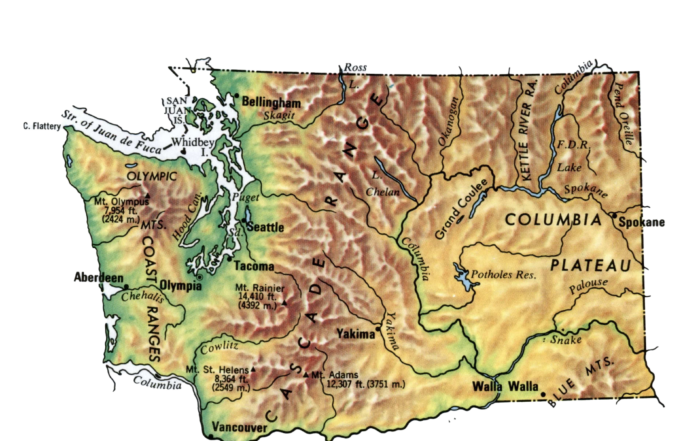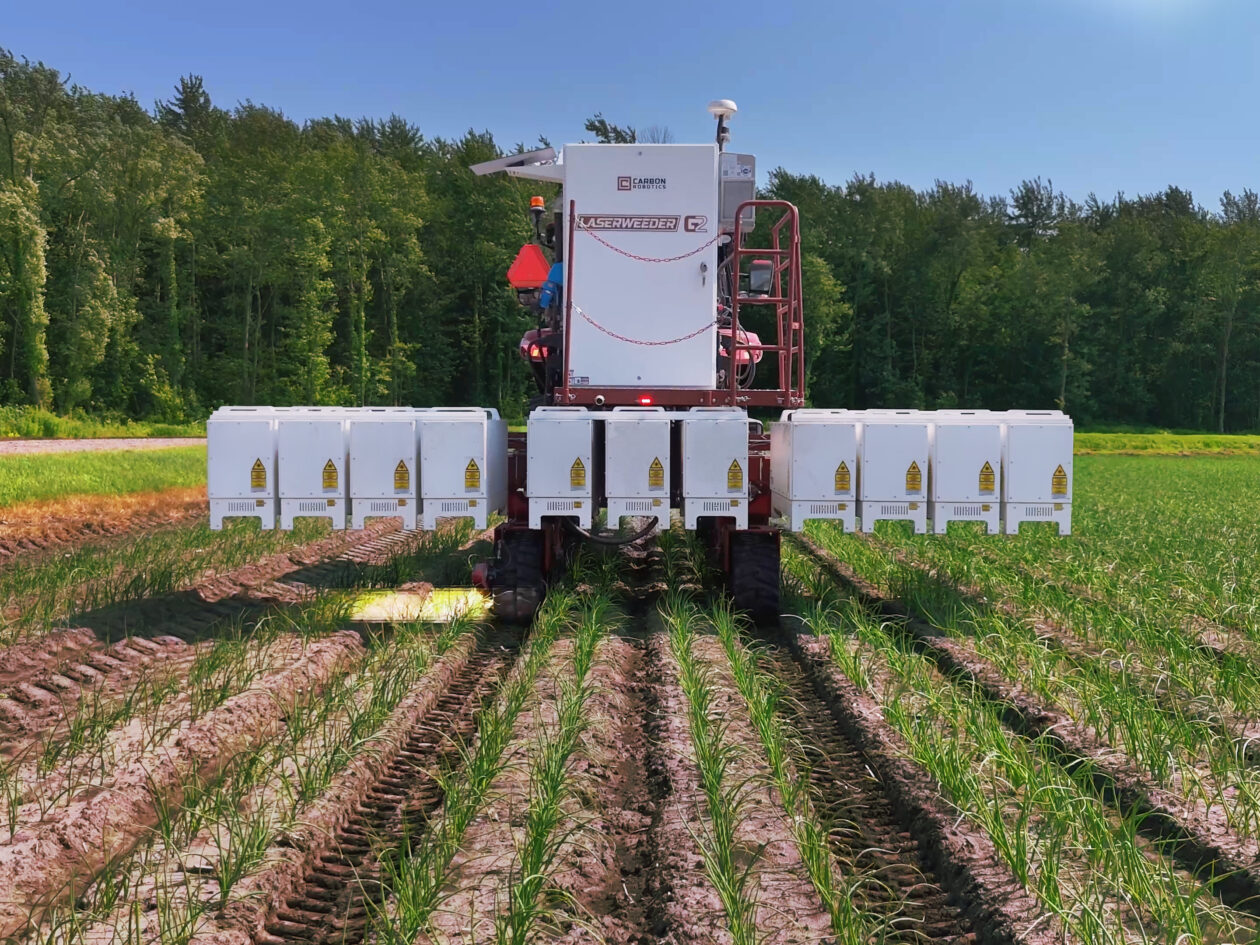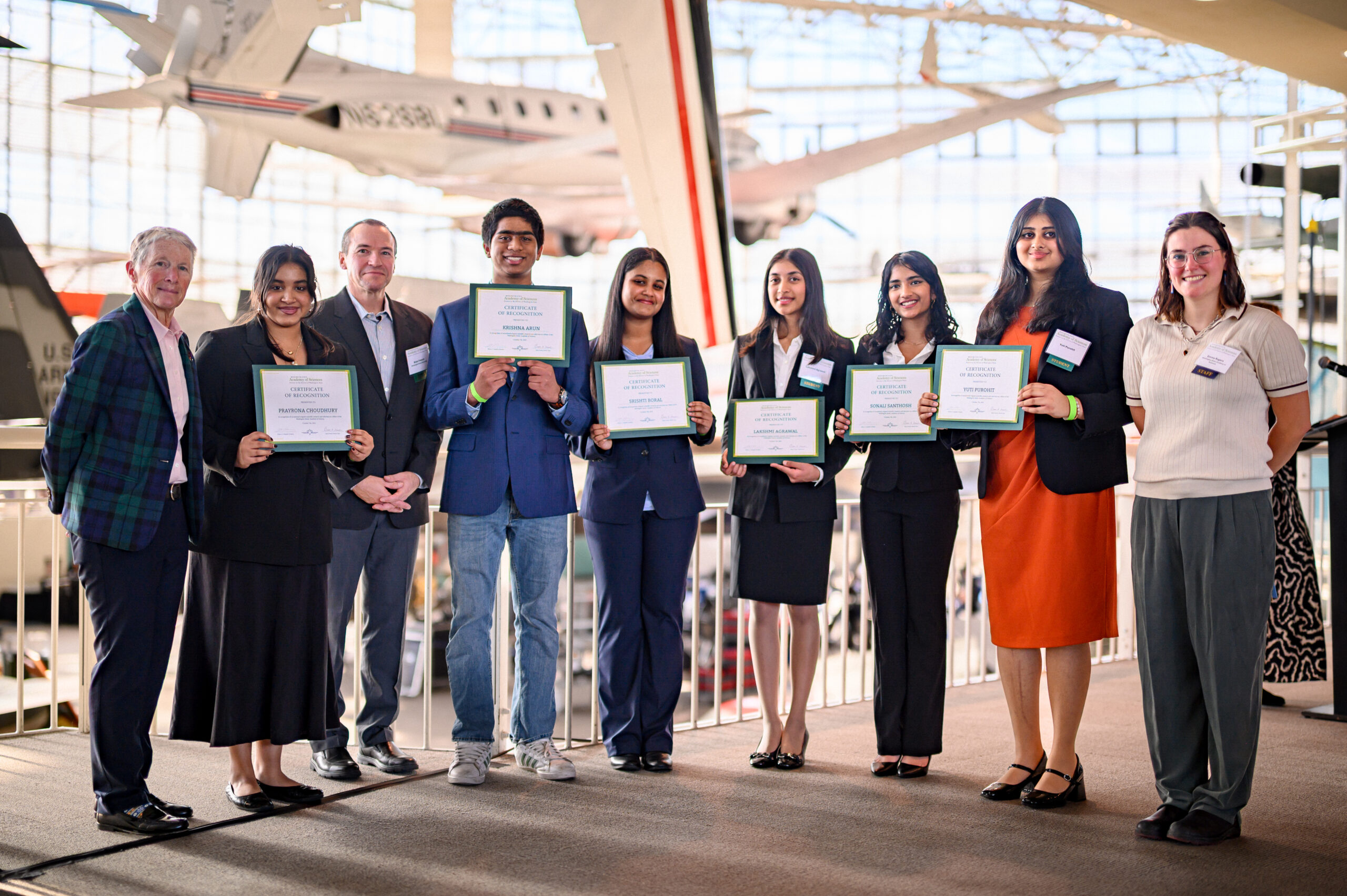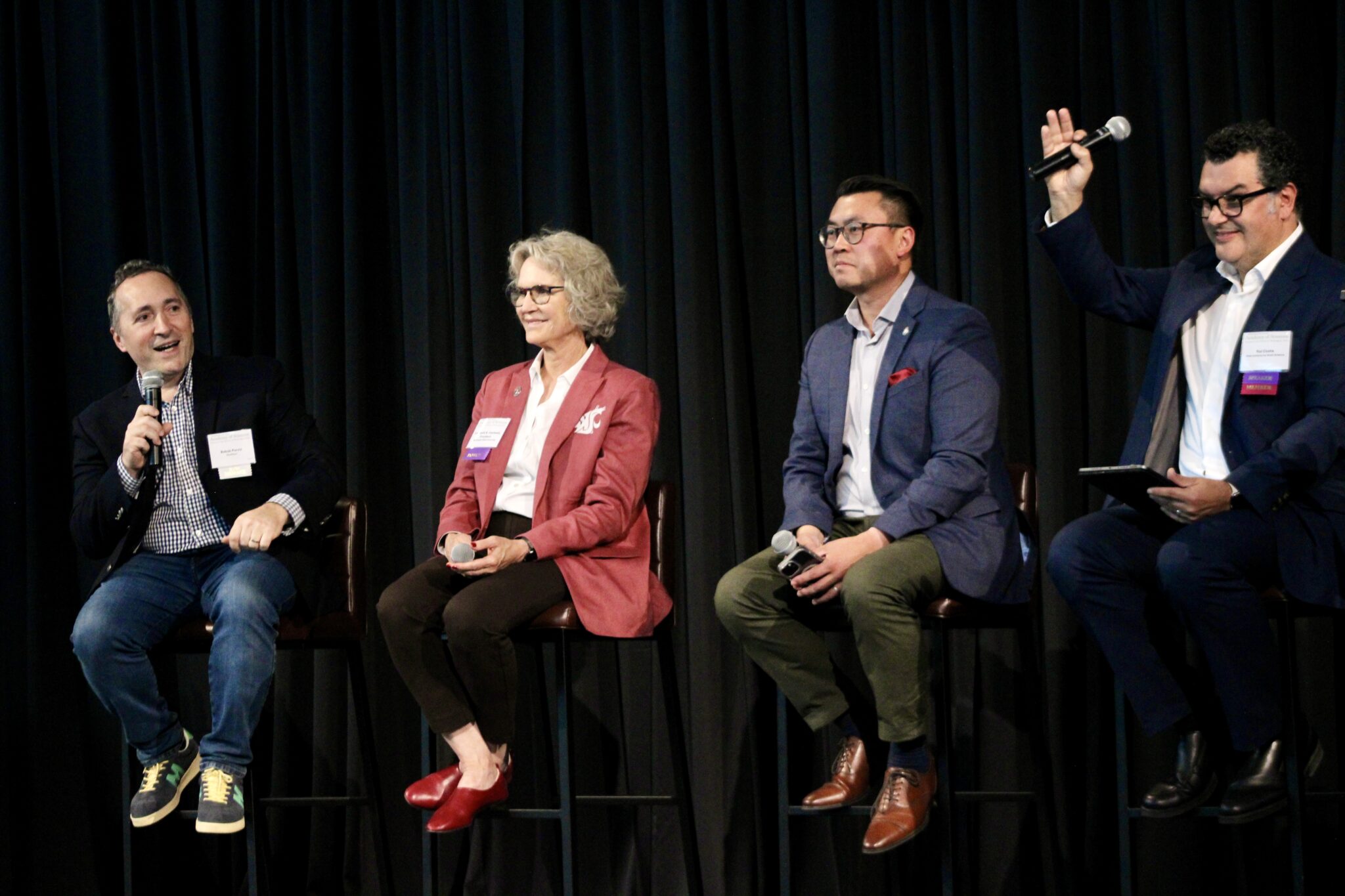
Washington is among the few states in the nation served by an independent academy through which leading scientists volunteer in service to the state. In 2022, the Washington State Academy of Sciences’ Board of Directors set forth five strategic priorities to strengthen the Academy and enhance our ability to fulfill our mission of ‘Science in the service of Washington State’. Over the past year we have made significant progress in advancing these priorities. This progress was possible in large part thanks to an increase in our core funding from the state.
In FY23 we worked with new partners – such as the National Academies of Science, Engineering and Medicine and the University of Washington Mobility Innovation Center – to convene leading thinkers on critical issues. Participants included academic experts, public agency leaders and business community representatives. These meetings provided a unique opportunity for diverse stakeholders to discuss the challenges and opportunities that exist for the state in addressing issues like transportation resiliency and wastewater-based infectious disease surveillance.
For over ten years, the Academy has selected emerging scholars to serve as delegates to the American Junior Academy of Sciences. We have seen firsthand how important these transformational experiences can be in encouraging students to pursue STEM careers. We now have an opportunity to explore how we may use our platform to convene across sectors, disciplines and backgrounds to amplify or complement other science education efforts already underway in the state. To that end, we are meeting with organizations engaged in this work to better understand the state’s science education landscape.
As a leading scientific entity in our state, we recognize that we have a responsibility to champion diversity, equity and inclusion across all of our work. In particular, we believe it is important that Academy membership reflects the full breadth of expertise of scientists and engineers in our state, including those who have traditionally been excluded or underrepresented. This year we created a new board committee to focus specifically on increasing and diversifying the pool of candidates who are nominated for membership.
In FY23 we expanded our staff team – bringing on individuals with expertise in finances, operations and communications best practices – to effectively carry out our work. As a result, we now have greater bandwidth to engage policymakers and other stakeholders across the state to better understand their needs and how we might help. We have also brought on key consultants with extensive knowledge of the Washington State legislature to track science and technology issues currently of interest to policymakers in Olympia. This will help us identify where our members can bring their expertise to bear in support of evidence-based policymaking.
Members are the backbone of the work that we do. To better support members in communicating emerging issues and opportunities to state policymakers, we offered legislative workshops to train members on how to effectively communicate their science to policymakers. In addition, now that we have adequate staff support, we are looking to host more activities on a range of topics identified by members from mitigation of environmental toxins to artificial intelligence.
There is no shortage of topics in need of scientific input. We believe that the Academy plays a key role as a nonpartisan, independent organization in bringing together scientists, policymakers and other interested parties to address complex issues by sharing the latest research and exploring new ideas and solutions.
New funding from the state has allowed WSAS to grow in our capacity to respond to the scientific and technological information needs of the state in a timely and ongoing basis. We are grateful for the state’s continued support and commitment to policies informed by science, our outstanding staff who support the work that we do, and our members who volunteer their expertise and time for the benefit of our state.
John Roll
WSAS President
Professor and Vice Dean for Research
Elson S. Floyd College of Medicine
Washington State University
View the WSAS Annual Report HERE.
Related Posts
January 23, 2026
A new initiative from the Washington State Academy of Sciences called Growing with AI will bring together the state’s tech giants and diverse farming community to tackle pressing challenges in the agriculture industry.
October 28, 2025
WAJAS is a WSAS program recognizing exceptional high school students from across the state for outstanding original scientific research and offering opportunities to connect with the research community in Washington and beyond. Fellows were publicly honored alongside Washington's top researchers at the WSAS 20th Anniversary Celebration on October 7.
October 14, 2025
Amid political polarization and uncertain federal research policy, Washington leaders are betting on stability through a unique innovation ecosystem rooted in the state’s institutions and businesses. That was a theme at the 20th anniversary celebration of the Washington State Academy of Sciences, held Tuesday evening at Seattle’s Museum of Flight.


